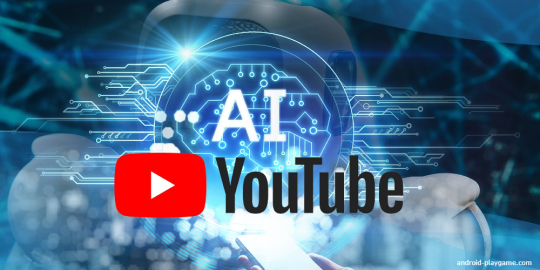
YouTube is stepping into the innovative realm of AI with the introduction of two groundbreaking tools that could revolutionize how users create music on the platform. The first tool, named Dream Track, provides a unique blend of AI technology and the star-studded voices of nine notable artists to craft 30-second tunes tailored for YouTube Shorts. By simply typing in a description of the desired sound and selecting an artist such as John Legend, Sia, or T-Pain from an on-screen selection, users can witness the creation of music that reflects their prompts.
The project has been hinted at before, and YouTube's ambition to create music using artificial intelligence, but noted possible delays due to negotiations with record labels.Now it seems Dream Track, the very AI discussed, is making its way into the hands of a select few American content creators on mobile platforms, with no clear indication yet on a broader deployment or a desktop variant.
One demonstration, in particular, showcases the AI composing a melody that captures the essence of a sunny morning in Florida, interpreted through T-Pain's signature vocal style, complete with an Auto-Tune effect.
The second innovation is the Music AI Tools experiment, which can synthesize short musical pieces by transforming an individual's vocal hum into instrumentals like a guitar riff or even translating a MIDI keyboard chord into choral sounds.
Google's DeepMind webpage illustrates the potential user interface of the Music AI Tool for desktops, suggesting a sophisticated music production environment complete with a timeline and various editing options to fine-tune the AI-generated tracks to the users' preferences.
This feature is currently in the testing phase with members of YouTube's Music AI Incubator program, an initiative that includes a diverse array of artists, songwriters, and producers from the industry. The timeline for public access remains uncertain.
From YouTube's standpoint, these AI tools mark a novel way to galvanize up-and-coming musicians, offering a platform for those who may lack the tools to progress in their musical careers. However, the reception from the participating artists is mixed—while some recognize the inevitable rise of generative AI in the music space and the importance of engaging with it, others express caution, perhaps apprehensive about the future role of such technologies in the creative process.
Despite the mixed feelings, YouTube remains poised to further these AI advances while promising to uphold the value and respect for the wider musical community. As YouTube continues these endeavors, it pledges to maintain its integrity and keep the best interests of all music creators at heart.